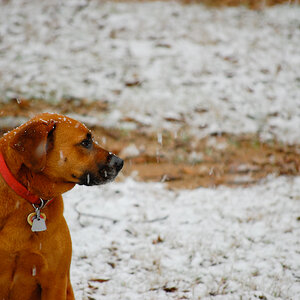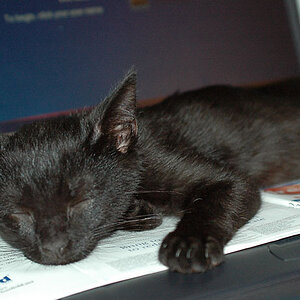Hey,
I got my new camera for Christmas, and I have been barely able to use it yet. It is my first DSLR. These are some of my first real photos giving it a shot, and I really think I missed it, I'm not doing something right. I have talked to a few people, but you can never have enough feedback. I was disappointed in how soft they were (view it large), and they just weren't quite what I wanted to get, but I'm sure that's always the case. They definitely don't pop. Here are a set of them, in set Q:
They definitely don't pop. Here are a set of them, in set Q:
http://flickr.com/photos/57553949/sets/72157606060321919/
Thank you in advance!
P.S. All of the exif data should still be present.
I got my new camera for Christmas, and I have been barely able to use it yet. It is my first DSLR. These are some of my first real photos giving it a shot, and I really think I missed it, I'm not doing something right. I have talked to a few people, but you can never have enough feedback. I was disappointed in how soft they were (view it large), and they just weren't quite what I wanted to get, but I'm sure that's always the case.
http://flickr.com/photos/57553949/sets/72157606060321919/
Thank you in advance!
P.S. All of the exif data should still be present.


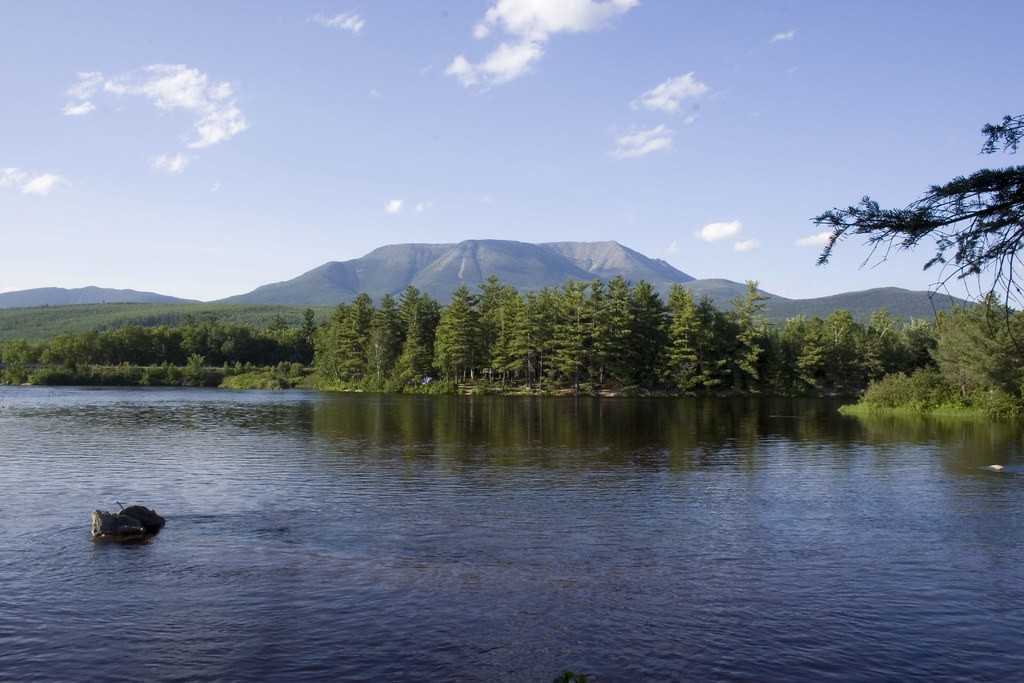
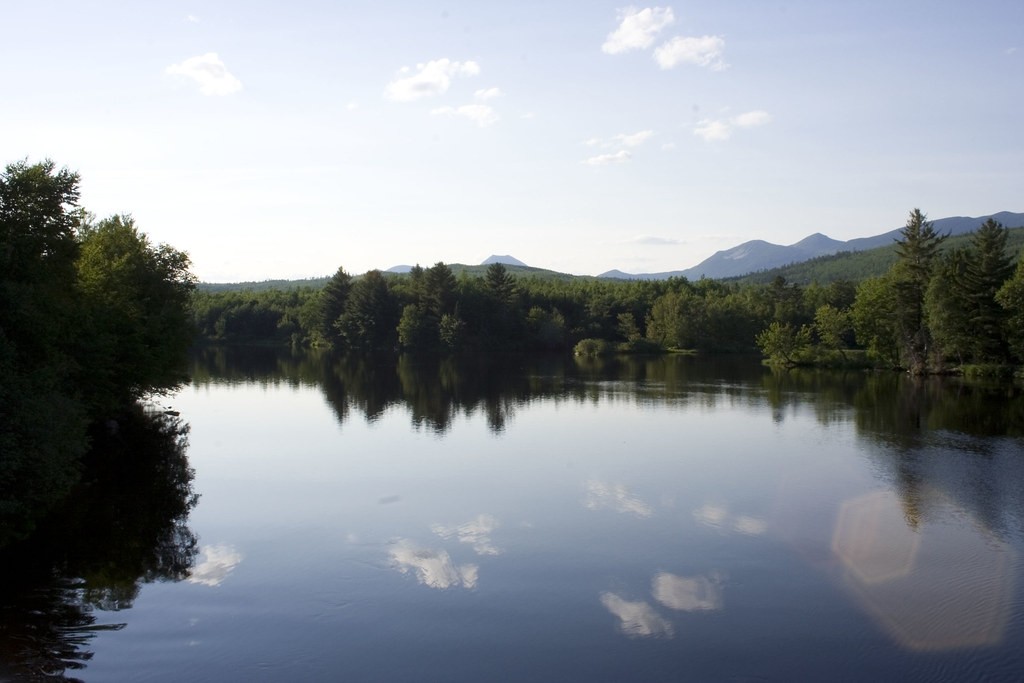


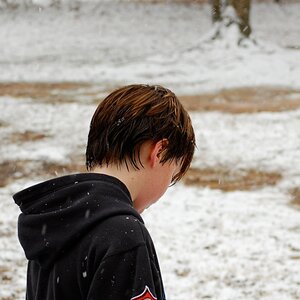
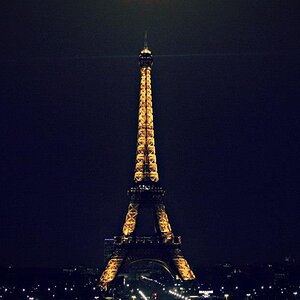
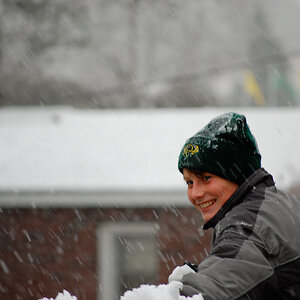
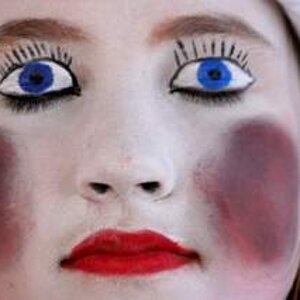
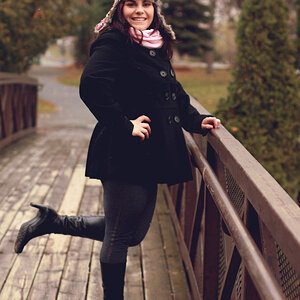
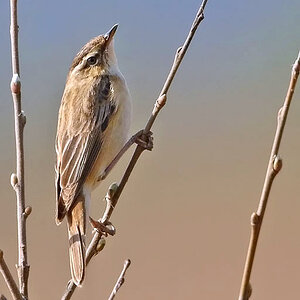
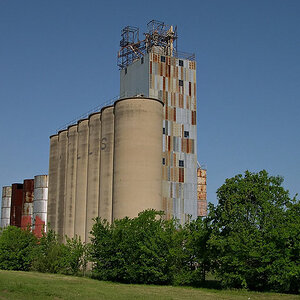
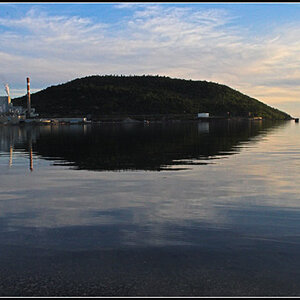
![[No title]](/data/xfmg/thumbnail/36/36678-71ca8166409788704ac0b1cd83c26787.jpg?1619737677)
